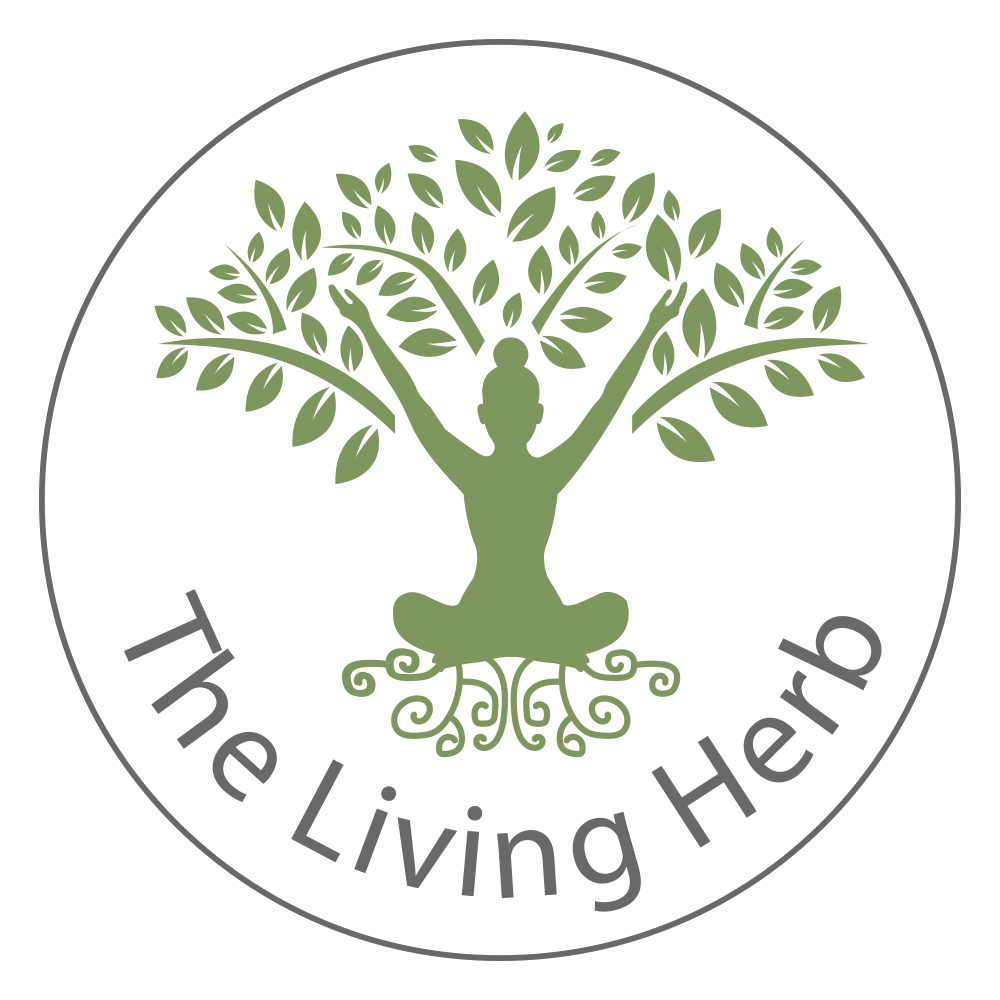How to come out of lockdown without anxiety

Change is stressful.
Even the most positive change can be stressful. Even when we want something, if it requires us to change, or a change to our circumstances, it causes stress.
Yet change happens all the time.
Think about how many changes have happened to you ove the last year.
- Have there been changes to your job or the way you work? Are you now working from home all of the time? Do you have to wear a facemask at work?
- How have your relationships changed? Do you no longer see your friends that you used to see in person once a week? Have you struggled to see family members because they live too far away? Are your relationships now conducted via video conferencing?
- Have there been changes to your home? Have you bought new things? Are you busy decluttering? Have finally tackled that DIY project that has been haunting you for the last 10 years?
- Maybe your changes have been more significant - a new life in the family or the loss of a loved one.
From the tiniest change of buying a new top or changing your hair to a significant loss or house move, change happens.
In fact, he only thing that is constant in life is change.
How do you feel about change?
We all have some sort of reluctance to change. That reluctance is the most natural thing in the world.
But are you the sort of person that actively avoids change or have there been so many changes in your life that you're all changed out?
And let's face it, we're In a period of huge change.
One minute we're in lockdown, the next we come out of lockdown, then we go back into lockdown, then we come out of lockdown again.
We're in a state flux, not knowing exactly what's going to happen happen next.
So how can we cope with it?
Anticipate change
Change happens all the time and the thing that causes the most stress is not actually recognising this.
Are you the sort of person who goes about thinking that everything is constant then get surprised when things change?
One way of coping with this is to monitor changes in our life. Often we get lots of little warnings that a big change is coming. These tiny changes that are happening are often so small that unless we're super observant we may not even notice them. Sometimes (like in case of us going into our first lockdown) those tiny changes may happen very close together but other times they may be spread so far apart that we barely even notice them
How can you anticipate changes?
Do you need to pay a bit more attention to what is going on? For example, would keeping an eye of the trends of covid numbers help? Now let me be clear here, i am not talking about obsessively looking for something every single day - that's likely to lead to more stress. But if you know you have a tendency to stick your head in the ground until a massive change comes along and shocks you to look up, then perhaps paying a bit more attention would help.
Adapt to change quickly
The sooner we embrace the new way of being the sooner we can enjoy it.
One of the biggest changes that we are going to experience in the coming months is seeing people in person. Now if you have lived your life over zoom for the last year, even contact with the most familiar of people can feel like a bit of shock.
And yet, new research that looked out how people reacted to coming out if the first lockdown in the summer of 2020 shows us what a good thing it will be for us. The researchers found that symptoms of, what they called, lockdown mental fatigue (poor concentration, low mood, fatigue, stress) rapidly improved as the lockdown restrictions eased. This is great if you are struggling and also really important to remember. It tells us that if we actually embrace change and go out to see people, our stress levels will decrease.
So how can we quickly adapt to change?
- Schedule changes so that they don't happen all at once - for example, if you have been isolating, why not ease yourself back in by taking a walk with a friend? Or if crowds are a concern for you, get together with a small group of close friends outside in a location that feels more safe to you. Slowly build these up as you build your confidence.
- Take time to understand how you feel - how often to check in with how you really feel about coming out of lockdown? Often it's not just one emotion but a whole mix. See if you can unpick some of it. Do you feel happy, sad, scared, anxious, excited? Finding some time to write about how you feel can really help to understand it and to understand why. When we know this, we can find ways of mitigating the overwhelm that can come from not understanding all of our emotions.
- Find balance in how you respond - I don't know about you but when I am anxious I may have a tendency to overreact a little (just a little). It's worth asking yourself if your reaction is justified. For example, while it is natural to feel nervous about large crowds, an overreaction may be to completely avoid going out, even with just one friend. If this is you, is there another way you can approach how you respond? Try thinking about what parts you can control or if more information would help you cope better?
- Practice self care - managing change is a stressful business and stress has an impact on our health. It's important to recognise this and take time to look after ourselves. Self care can cover many things but at the moment, if I was you, I would aims for things such exercise, getting a good night's sleep and doing some relaxation exercises. Think wholesome self care rather than treats!
Be empowered to make a tiny change
If you've been to any of my workshops, you will know that I embrace the principle of tiny changes.
When we make big drastic changes to our lifestyle these can often be unsustainable. When it comes to making a change that lasts, small is beautiful.
So I empower you, what tiny thing could you do now?
If you've not been to the supermarket in a year, could you take a small trip to a a shop maybe a smaller shop so you feel more comfortable? If you've not seen friends for ages, could you arrange a walk with a friend?
Whatever it is, taking a tiny step into the world at the moment may seem like a huge leap but you will quickly because used to that new position and embrace the next tiny change.
What can you do next?
Research shows us that making changes can be far more effective with accountability and where better to find it than the Be Healthy Club. Each month we work on a different theme but the aim the same - to support each other in developing habits that take us towards good health. So why not check it out here.
Photo by Chris Lawton on Unsplash


0 comments
Leave a comment
Please log in or register to post a comment